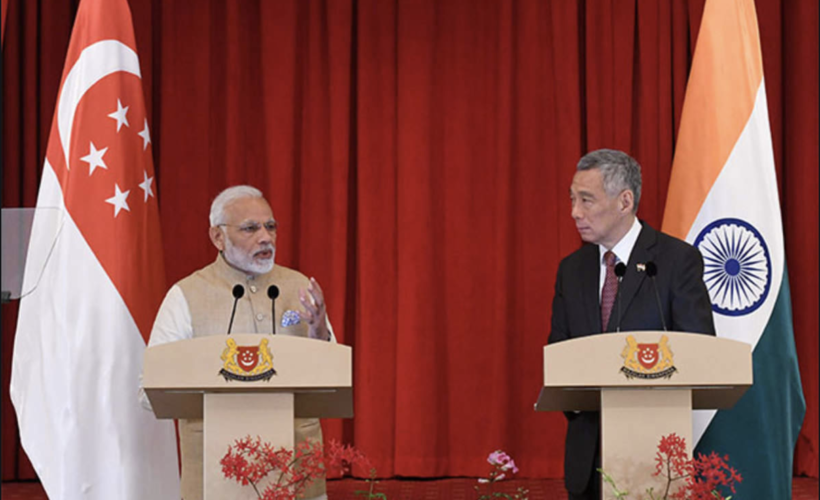
The Government of India, under the transparency move triggered by Prime Minister Narendra Modi, may take a leaf out of the Singapore government’s methods to weed out unscrupulous and fraudulent vendors from the public procurement system.
The Singapore government hosts a website called “GUIDE TO SINGAPORE PROCUREMENT” https://www.gebiz.gov.sg/ . The website serves as a single window to get every detail and track-record of vendors bidding for government contracts.
This site lists suppliers debarred or disqualified from being awarded contracts by all public sector agencies — i.e. Ministries, Departments, Organs of State and Statutory Boards. Debarment or disqualification grounds are also clearly listed on the site. The centralised database on “debarred vendors” enables all government agencies to verify the vendor track-record before allotting a contract.
On the other hand, in India, different government ministries and public-sector undertakings host “Caution Notice” against vendors on their respective websites. These lists aren’t collated on any centralised and transparent database or even made part of the ‘debarment list’ on the government’s e-portal for central public procurement.
Since such ‘Caution Notices’ are not included as compulsory checklist for vendor track-record, companies often manage to get away from scrutiny. This is especially common for smaller companies and for unregulated sector contracts, as despite red flags raised against companies, they continue to bid and win government contracts`. To cite a few examples, companies such as ‘Vision India Staffing Private Limited’ and ‘ASTM Skills Pvt. Ltd’ continue to highlight association with National Skill Development Corporation (NSDC) or other government department despite the website showing a ‘Caution Notice’ against the company.
This is also the case for big government contracts in defence, manufacturing, infrastructure or other critical sectors allotted to companies that are listed or are the ‘big’ names. Though any discrepancy becomes a public knowledge and promptly highlighted in media, many vendors have continued to bid for government projects. The case in point may be the controversies around Rafel, Maharashtra irrigation tenders, Delhi-Mumbai airport privatisation, 2G telecom licence, etc.
A few of the regulated sectors, however, have been able to follow somewhat common rules for allowing only “fit and proper investors” in their respective sectors, for example in case of Yes Bank and Multi-commodity Exchange (MCX) founders.
After demonetisation and GST roll out, all eyes are on PM Modi to bring out sweeping public procurement reforms. Prioritising transparency in government bidding processes will be crucial for catalysing manufacturing and infrastructure development at a fastest-ever pace for the economy’s revival.



